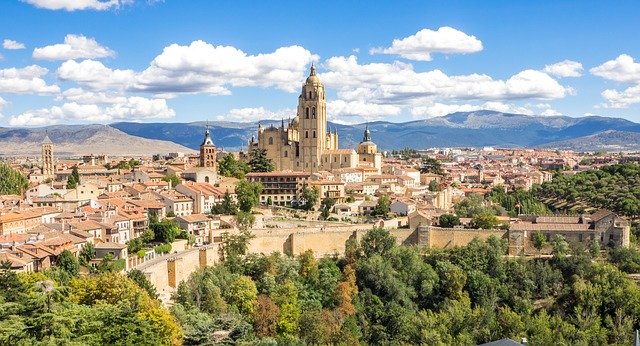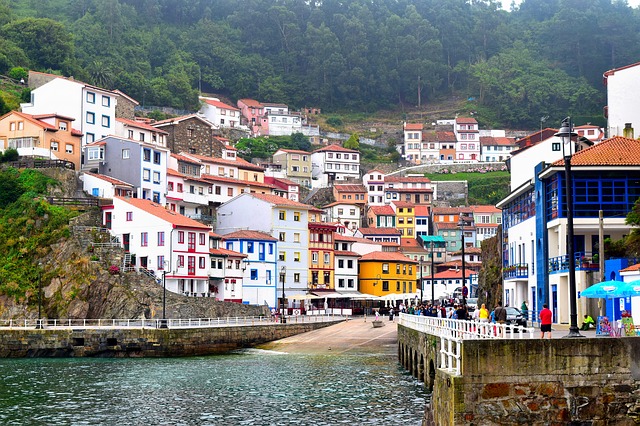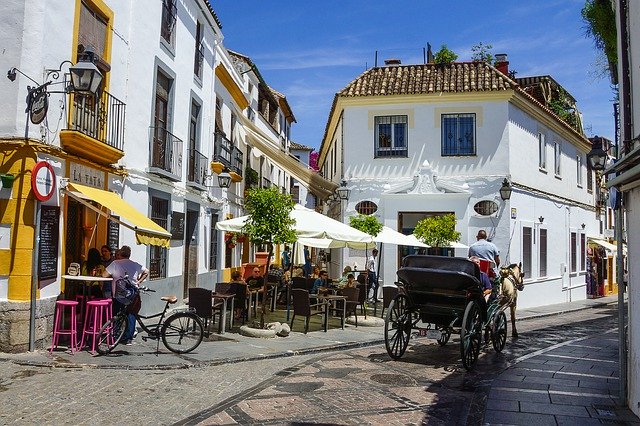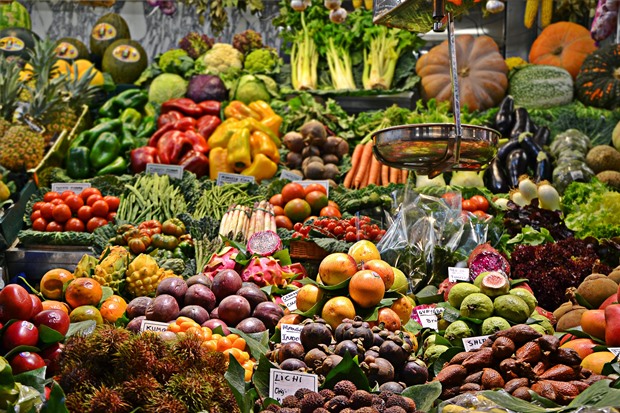
With much of Spain still in lockdown due to COVID-19, and a huge percentage of the Spanish population out of work and not getting paid, the Spanish government is trying to encourage tourists to visit again starting in early July.
After all, with at least 12% of Spain’s economy coming from tourism, and many Spanish businesses saying they need tourists to come back if they are going to survive, the country needs all the tourists it can get.
The problem is, as much as many international holidaymakers would love to go on a regular holiday to Spain, with the Spanish government’s restrictions for what can and cannot be done when they get there, it is very likely most will just not bother.
After all, even though some restrictions have been eased and holidaymakers are being encouraged to visit Spain starting on July 1st, with other restrictions still in place few people will fancy a holiday in Spain under present conditions.
Not if they are forced to wear masks in many public buildings, be segregated on beaches and then be served food and drink in cafes and restaurants that are only allowed to have up to 50% their normal capacity.
Let’s face it, half the fun of holidaying in Spain is the relaxed and pleasant Spanish atmosphere. An atmosphere that simply will not exist under these conditions.
Throw in that waiters in restaurants, cafes and hotels will be wearing masks and gloves, and massive sanitization steps will be taking place in all public places and, no, a holiday in Spain in 2020 will not sound appealing to many.

Take my parents, for instance. A couple whose favorite country is Spain and who spend at least 2-3 months there every year.
They were airlifted out of Malaga, Spain in the middle of March by their British tour group after the Spanish government announced borders would be shutting down in days.
Now back in their home country of America, they still have another holiday to Spain booked for the beginning of November and, up until they heard about the restrictions, were still looking forward to their trip.
Like my mother said though, “If it means wearing masks on a 10-hour plane ride, plus wearing masks in Spanish supermarkets, tourist attractions and museums, and being forced to ‘social distance’ from the people we normally sit with in our hotel, we will just cancel the holiday, lose our deposit and stay at home instead. Because having a holiday under those conditions would be too uncomfortable to bear”.
Meanwhile, various regional governments are in negotiations with tour groups from Germany, the UK and other countries where a large number of tourists normally arrive from in an effort to get their holidays up and running and tourists returning to Spain as before.
This includes possibly opening up parts of the country to foreign tourists — the parts that were the least hit by COVID-19 — while leaving others closed for the time being.
It also means allowing tourists to come from countries the least affected by the virus while disallowing tourists from others.

Sadly, however, it is highly likely the measures currently being discussed will not do much to allow Spain to save its tourist industry this year.
If that does happen, millions of Spanish workers will be out of work permanently.
Because, just like my parents, when considering spending the money necessary to visit Spain and then be faced with these kinds of restrictions when they get there, most people will probably decide to save their money and simply stay home instead.



